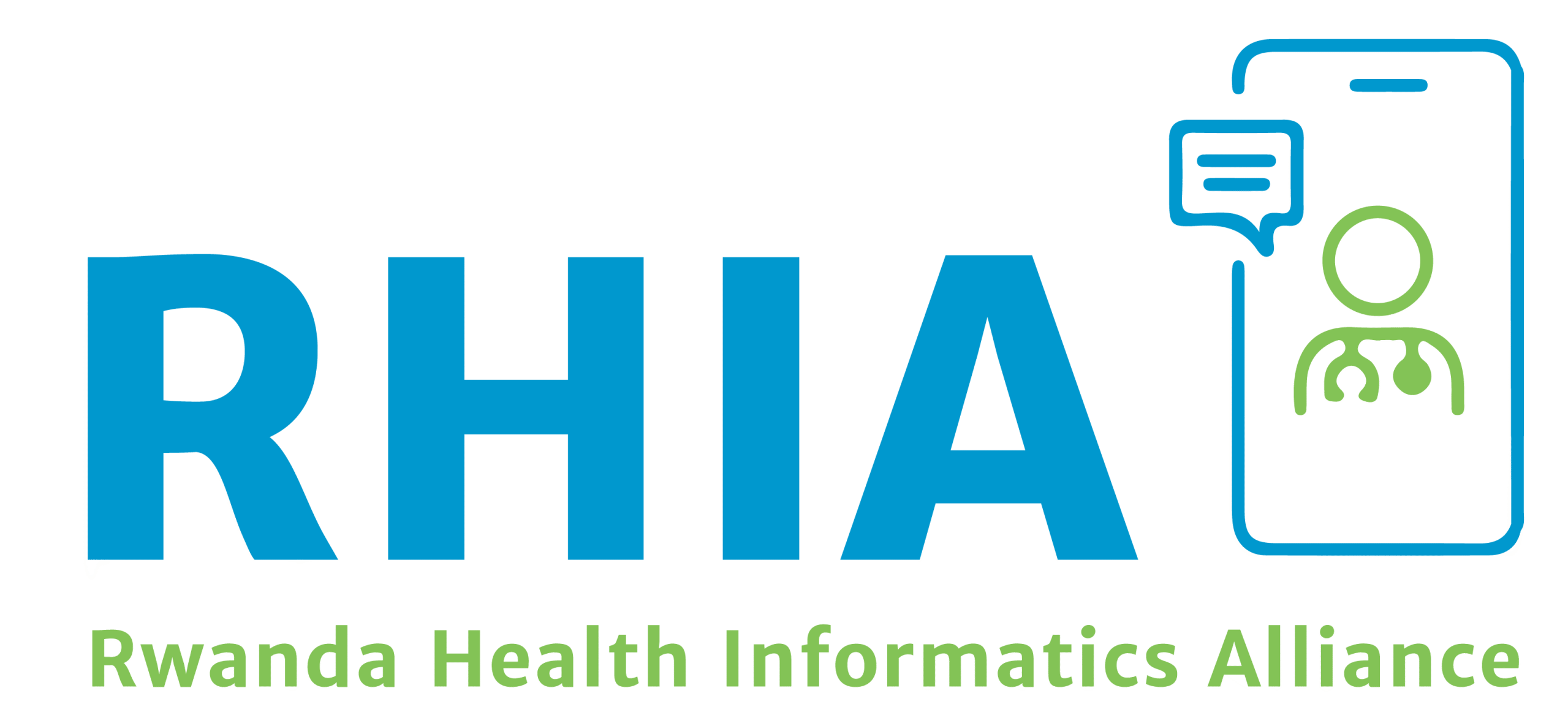When Babylon, a UK-based digital health group, began operations in Rwanda in 2016, there was already strong interest in the use of artificial intelligence to improve the country’s medical system.
Babylon’s telemedicine service has since registered 2m users across the African nation and handles 3,500 daily consultations. But its progress highlights the constraints and debates around new technology even as multiple providers expand the use of digital healthcare around the world.
While digital tools can potentially support more people affordably and efficiently in stretched healthcare systems, critics have raised concerns about unequal access and say that claims about digital tools such as AI can be overhyped and unproven.
Millions of patients in industrialised nations already use online medical services and apps, and companies are looking further afield for growth. Babylon is scaling up its operations in Africa, Asia and Latin America, while rival Ada Health, headquartered in Germany, is expanding in Tanzania.
“These countries have an opportunity to leapfrog and not make the same mistakes of our [health] systems created over a couple of centuries,” says Ali Parsa, Babylon’s founder, referring to the ability to target prevention rather than costly treatments. “They can focus on keeping their people healthy, rather than investing in sickness.”
From his UK base, where Babylon has contracted with the NHS, Mr Parsa agreed to launch in Rwanda — rebranding under the name of “Babyl” — after meeting with Paul Kagame, the country’s president. That led to a 10-year contract with the government and the local health insurance system. “It had a small population [12.5m] and an executive that works,” he says. “We were picking up something we could handle.”
At the start of 2018, Babyl announced “the first ever fully digital healthcare service in east Africa using artificial intelligence”. The service would include a chatbot “to take the power of a doctor’s brain and put it on a mobile phone for medical advice and triage”.
In reality, the system remains a more rudimentary form of telemedicine, with plans to test AI over the coming months.

